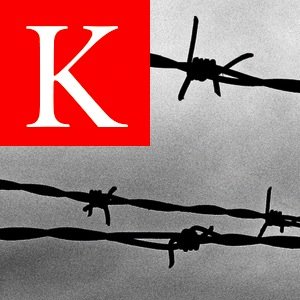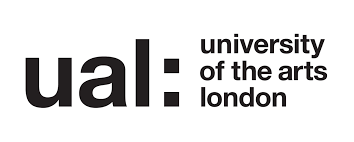An outline of this AHRC funded project, can be found here. Whilst the project as a whole is directed at unpacking the term reconciliation, particularly (though not exclusively) within the Western Balkans, it has been divided into three main research strands, each lead by a different university. Each site brings a different perspective and skill set (enhancing the interdisciplinary nature of the project) which is required to unpick a question of this complexity.
King’s College London (led by Dr Rachel Kerr and Professor James Gow) has three principle tasks. The first is to set out a conceptual and historical outline of reconciliation as an idea and practice. This is achieved through a workshop and subsequent edited volume based on ‘Hidden Histories’ of reconciliation (hyper link), which looks at historic and ignored instances of (non)reconciliation in order to question the conventional wisdom about what reconciliation is (currently understood predominantly within a neo-liberal paradigm). Second, the KCL strand will ‘map out’ existing attempts at reconciliation within the Western Balkans, conduct an analysis of the nature of the projects that have been funded within the region, and drill down further to explore how reconciliation is imagined within these projects, how these imaginings are understood by different ‘stakeholders’, and finally how they have been evaluated (or not). Finally, KCL hosts an artist-in-residence (Milena Michalski) who will produce a number of new works based on the research questions, and curate a series of exhibitions on these themes.
London School of Economics (LSE) (led by Dr Denisa Kostovica) encapsulates the diversity of approaches that is a key element (and attribute) of this project. The first aspect of LSE’s project explores RECOM. This is a largely ‘bottom-up’ attempt at reconciliation that works to bring together different sections of the community in order to set out how the past can be overcome, and design an appropriate response to it. Using the transcripts of the stakeholder meetings, the analysis combines quantitative and qualitative methods, and innovative coding and translation techniques in order to analysis the 4 million words produced through this process to give a unique insight into the way in which reconciliation is imagined by the effected communities, and how it is thought it can be achieved. In addition to this, LSE explores a number sites not usually associated with reconciliation (including dating apps, and art installations) to further question the limits and possibilities of reconciliation.
The London College of Communications at the University of the Arts London (UAL) (led by Dr Paul Lowe out of PARC) has the most explicit focus on the relationship between art and reconciliation (although, as the above shows, this runs throughout the project as a whole). UAL will first of all conduct mapping research and analysis of existing approaches of the arts in post-conflict settings, focusing on how artists working in these environments imagine their relationship to reconciliation and peacebuilding processes. Working with the KCL team, this will additionally focus on how these projects have been evaluated in the past, what have been the problems that have been faced when it comes to evaluation and how these can be overcome. The UAL strand also is responsible for commissioning a series of art works in the Western Balkans, in order to explore the potential of artistic approaches to reconciliation. These commissions attempt to capture a variety of different types project models (including international and regional artist commissions, a participatory youth media project, a documentary film and institutional open call commissions) in order to explore the limits and possibilities of artistic approaches to peacebuilding and reconciliation. Commissioning projects (rather than exploring existing projects) also enables the UAL strand to design and test their own evaluation strategies for these projects, offering key insights into the challenges of evaluating and measuring the impact and ‘effectiveness’ of arts programmes in post-conflict settings.
The research is funded through the Large Grant scheme of the Arts and Humanities Research Council (AHRC) under the Conflict Theme of the Partnership for Conflict, Crime and Security Research (PaCCS) and through the Global Challenges Research Fund (GCRF).






